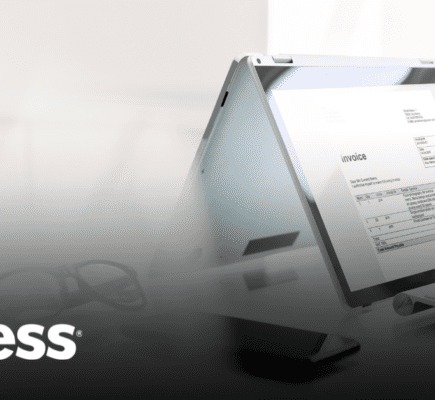
Information technology (IT) is constantly evolving. It wasn’t very long ago that a computer was large enough to fill an entire room, and now many of us can perform our jobs on a laptop from the comfort of our living room couch.
With the rapid pace of technological advancement, it’s no surprise that the records management industry is experiencing significant changes too. In this blog, we’ll explore five of the latest trends in IT and how they impact records management.
1. Cloud Computing
Cloud computing is one of the most significant trends in IT that has revolutionized the way records management is conducted. With cloud computing, records can be stored in a central location that’s accessible from anywhere with an internet connection. This has improved collaboration, increased productivity, and reduced costs associated with traditional document storage methods. Additionally, cloud computing has made it easier for records managers to ensure compliance with regulatory requirements, as records can be easily audited and tracked.
2. Artificial Intelligence
Artificial intelligence (AI) is another trend that is transforming the records management industry. AI tools can analyze large amounts of data, identify patterns, and provide insights that help organizations make informed decisions. For example, AI-powered software can help records managers identify duplicate records, classify documents, and automate record retention and disposition schedules. This has resulted in improved efficiency and accuracy of records management processes.
3. Data Analytics
Upwards of 3.5 quintillion bytes of data is being created every day. With such an insanely large amount of data being generated, records managers must find ways to extract meaningful insights from this data. Data analytics tools can help records managers analyze large amounts of data to identify trends, patterns, and anomalies. This can help organizations make better decisions and improve their records management processes.

5/7 Leveraging Your Data: A Journey Through 3 Essential Information Gates
Join our upcoming webinar, where we will guide you through the essential steps to be successful in the age of digital information. The Three Gates to Digital are your roadmap to harnessing the power of technology, improving efficiency, and achieving…
4. Mobile Devices
Mobile devices have come a long way from the flip phone era. Now, many employees consider their phones and tablets to be essential for work. With the rise of mobile workforces, records managers must find ways to ensure that records are accessible from mobile devices while maintaining security and compliance. The prevalence of Bring Your Own Device (BYOD) into the workplace makes this even more of a challenge. Over two-thirds of employees use BYOD devices at work, yet only 53% reported that their organization has a clearly defined policy allowing the use of these devices.
5. Blockchain Technology
Blockchain technology— a decentralized digital ledger that can be used to securely record transactions— is a relatively new trend that has the potential to greatly impact records management. Records managers can use it to ensure the authenticity and integrity of records. For example, blockchain technology can be used to track the chain of custody for records and ensure that records have not been tampered with.
Conclusion
The rapid evolution of IT has brought significant changes to the records management industry. The adoption of cloud computing, artificial intelligence, data analytics, mobile devices, and blockchain technology has revolutionized the way records are stored, analyzed, and managed. These trends have improved efficiency, accuracy, productivity, and compliance in records management. As IT continues to advance, it’s essential for records managers to stay abreast of the latest trends and adapt accordingly, ensuring that records are managed properly.
To learn about another trend in IT that’s shaping document management processes, Intelligent Document Processing (IDP), watch our webinar: Enabling End-to-End Business Process Automation: IDP Does The Heavy Lifting (Sponsored by AIIM).




